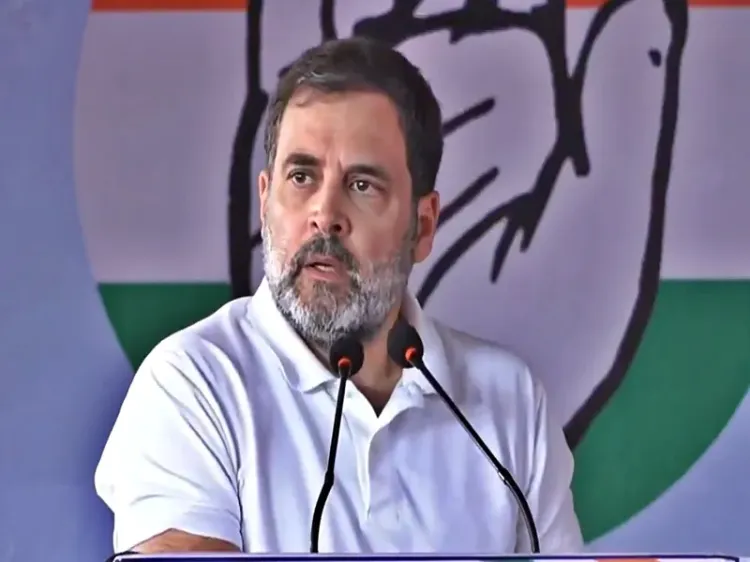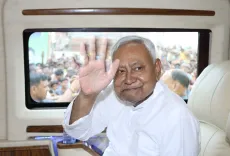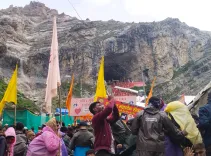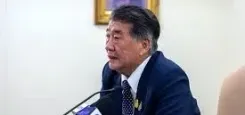Challenging Media: Rahul Gandhi's Unjustified Critique of the Press

Synopsis
Key Takeaways
- Rahul Gandhi accuses media of ignoring crucial issues.
- Criticism of media ties to historical distrust within Congress.
- Media focus on political narratives over public concerns.
- Critics argue attacks on media are unproductive.
- Gandhi's approach raises questions about his political strategy.
New Delhi, Jan 27 (NationPress) Congress MP and Leader of Opposition in the Lok Sabha, Rahul Gandhi, has once more targeted the media, accusing this fourth pillar of democracy of “ignoring the urgent issues” that plague ordinary citizens and farmers.
Speaking at an event in Madhya Pradesh’s Mhow, the birthplace of Baba Saheb Ambedkar, the former Congress chief strongly criticized the media for allegedly being influenced by certain business groups, claiming this has resulted in zero focus on real issues affecting the common man in India.
This latest criticism is part of a series of public denouncements of the press, which have drawn attention to “the relationship between the Gandhi family and the media.”
Rahul Gandhi's sharp remarks about the media are not a new occurrence. He has consistently voiced his dissatisfaction with how the media portrays his political journey. The Gandhi heir has often charged the media with being “biased and serving the interests of large business conglomerates.”
He contends that coverage of pressing matters like farmers’ struggles or joblessness is frequently overshadowed by “other political narratives.”
However, critics of Rahul Gandhi's stance argue that his relentless attacks on the media are counterproductive.
Instead of utilizing his political speeches to tackle the fundamental issues that impact the populace, analysts suggest that Gandhi often employs his platform to ‘dishonor and mock’ journalists. This type of rhetoric, according to some analysts, indicates a profound animosity toward the media that has been part of his family’s political heritage.
The origins of this animosity can be traced back to the Emergency period of 1975 when then Prime Minister Indira Gandhi, Rahul’s grandmother, enforced strict censorship on the press throughout the country.
At that time, newspapers were mandated to seek prior authorization before publishing, and the media was compelled to align with the government’s stance. The authoritarian suppression of the press during that era has left a deep imprint on the political culture within the Congress party, as noted by political observers.
Even in contemporary discussions, some perceive Rahul Gandhi's critiques of the media as a continuation of this tradition of skepticism and animosity toward the press.
Interestingly, this recurring criticism of the media emerges at a time when numerous individuals accuse Rahul Gandhi of neglecting the real, pressing concerns that ordinary citizens prioritize.
Many argue that rather than providing concrete solutions to the nation’s challenges, Gandhi often resorts to personal attacks against Prime Minister Narendra Modi. This approach, they argue, diverts attention from substantial issues.
This raises the question: Does Rahul Gandhi's criticism of the media merely respond to media scrutiny of his political actions, or does it reveal a deeper, long-standing issue regarding the relationship between the Congress party and the press?
Some political analysts suggest that his frequent critiques of the media may serve as a strategic maneuver to divert attention from his party’s deficiencies and to present himself as a champion of the people, standing against the elite and powerful forces that, in his perspective, shape public narratives.









